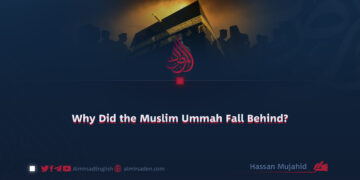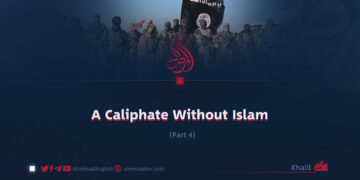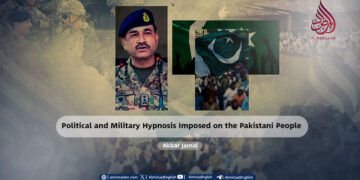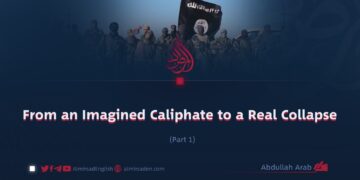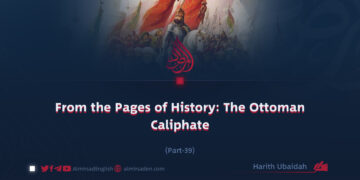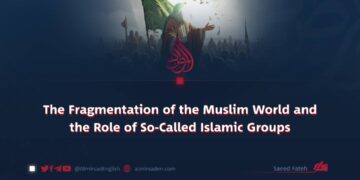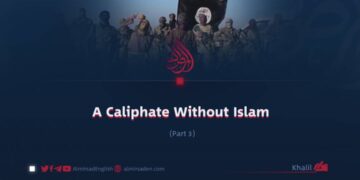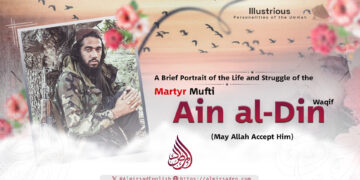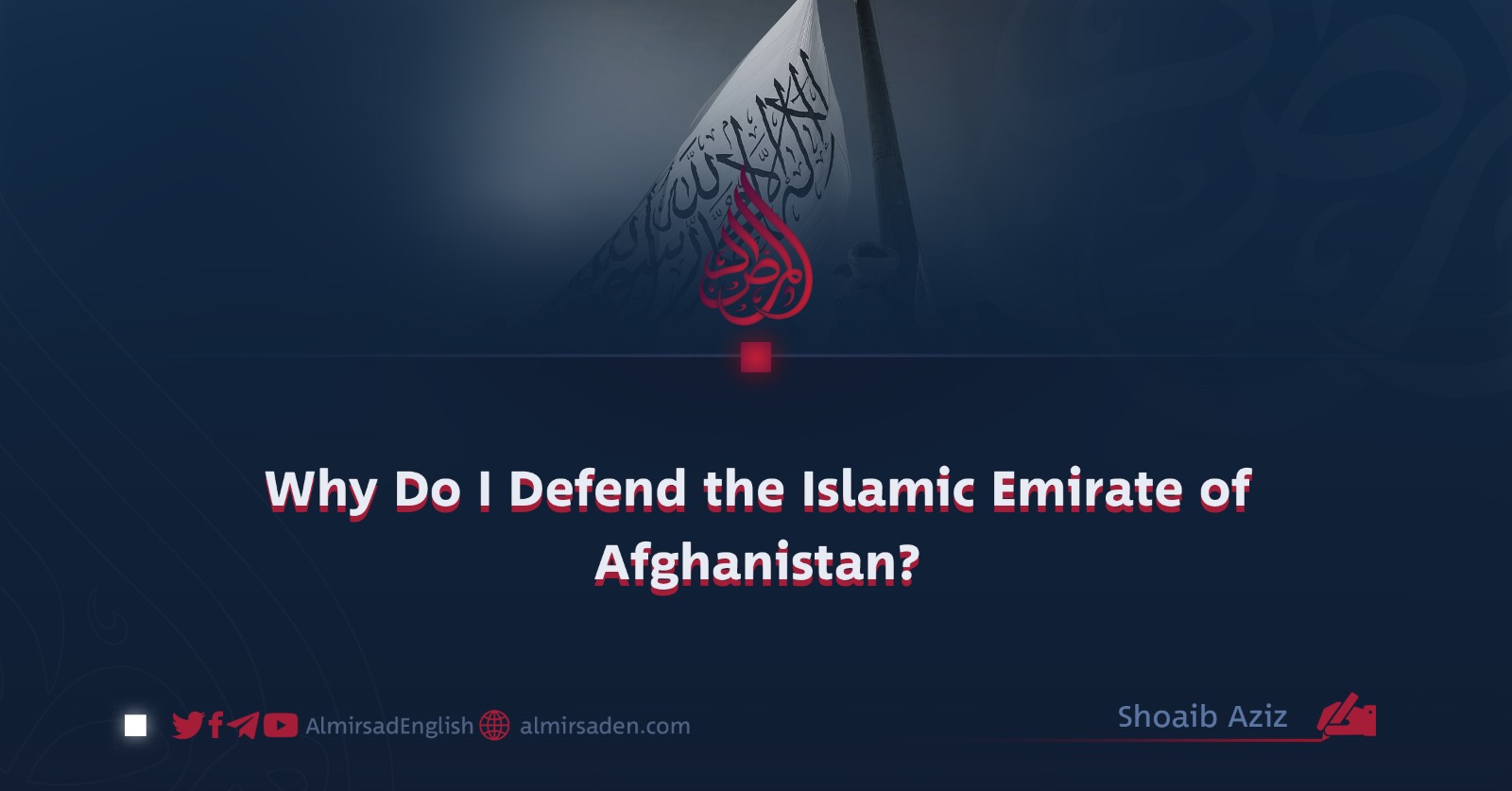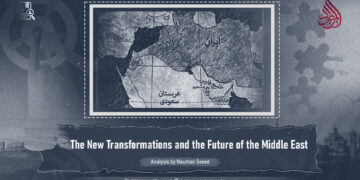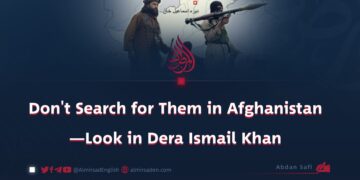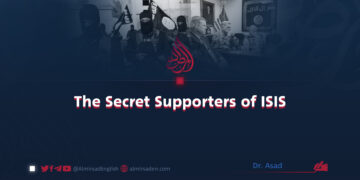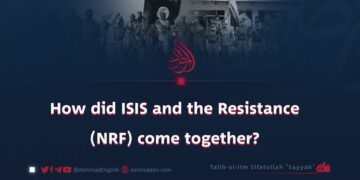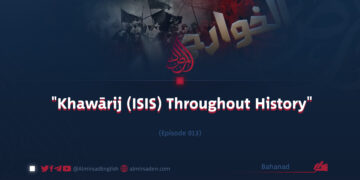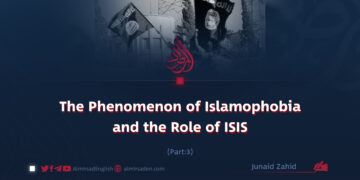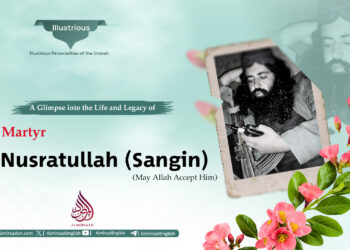By Shoaib Aziz
Introduction
Throughout history, Muslim societies have longed for a system that embodies their religious values, safeguards justice, and secures political independence. Such a system allows people to live under the protection of divine law, with the dignity and honor that human nature instinctively seeks.
The Islamic Emirate of Afghanistan (IEA), born from the faith, culture, and history of this land, has sought to answer that longing. Through sacrifice and steadfastness, it has fulfilled some of the deepest aspirations of the Muslim community. This leads to the central question of my reflections: why do I support the IEA? Why do I see in it a balanced order, free from both excess and neglect?
My purpose is not personal gain, nor do I write to seek privilege or prestige. Truth and justice demand clarity, and it is in that spirit that I have taken up the pen to share these thoughts.
The Legacy of Struggle
When NATO and American forces invaded Afghanistan, armed with advanced weaponry and backed by local allies, the late Amir al-Mu’minin, Mullah Muhammad Omar Mujahid (may Allah have mercy on him), spoke words of faith and conviction. In a radio address during those early days, he declared:
“America promises us defeat, but Almighty Allah has promised us victory and success. We shall see whose promise will be fulfilled.”
These words were not merely a statement but a testimony to the sincerity and courage that shaped the struggle ahead. Guided by such leadership, a devout and independent people, raised in modesty, faith, and the spirit of resistance, stood against the occupiers. Their endurance and bravery became proof of the legitimacy of their cause.
One purpose of jihad is to distinguish between the reformer and the corrupter. Over the course of twenty years, the most devoted sons of this land stood at the forefront: scholars, guardians of the Qur’an, and ordinary believers. Many gave their lives in martyrdom, others endured prison, while countless families were uprooted. Thousands of scholars were silenced simply for issuing rulings of resistance or striving to preserve their homeland. It was a struggle marked by sincerity and sacrifice, a struggle to which modern history offers few parallels.
The Fulfillment of a Divine Promise
After twenty-one years of perseverance, the promise of Allah to His faithful servants came to fruition. The blood of martyrs, the patience of mothers, the prayers of the oppressed, and the tears of orphans bore fruit in victory. The world watched as the invaders who once boasted of power departed in disgrace. That moment was written not only in the history of Afghanistan but in the annals of the world as one of America’s most humiliating defeats. Future generations will recall it with pride.
Trials in the Aftermath of Victory
Victory, however, did not end the struggle. With the re-establishment of an Islamic system that sought to preserve faith, honor, and dignity, new trials emerged. Enemies, both external and internal, turned to slander and rumor, hoping to weaken public trust with hollow propaganda.
Nearly four years have now passed since that triumph. Having failed to dismantle the Islamic order through force, critics and adversaries, disbelievers as well as hypocrites, have turned to subtler tactics. They raise objections, question motives, and spread doubts. Much of this stems from ignorance of the philosophy and history that underpin an Islamic system: its commitments, principles of governance, and Sharia-based approach to society. Others, unfamiliar with the noble example of the Prophet of Mercy (PBUH), misinterpret the IEA’s intentions. Through such misconceptions, suspicion is sown.
Reasons for Support
For any believer who values independence and faith, supporting such a system should be regarded not as an option but as a duty. Among the strengths of the IEA are:
– The clear implementation of Islamic law, which forms the foundation of its legitimacy.
– The preservation of religious values, including prayer, modesty, and the protection of the hijab from foreign cultural erosion.
– The restoration of national independence, achieved through resistance to foreign domination.
– The provision of security and stability, creating opportunities for intellectual, economic, and cultural growth while shielding society from division.
– A commitment to justice and a determined struggle against corruption.
– Equality before the law, regardless of status.
– Protection of the wider Muslim community from Western cultural and media incursions.
To support the IEA is not simply to make a political choice; it is to affirm a religious and moral conviction. This system is grounded in the values of Islam, in the pursuit of justice, and in the safeguarding of cultural and spiritual identity. To stand with the IEA is to stand with faith, with homeland, with honor, and with the hope of a free and Islamic future for generations to come.






